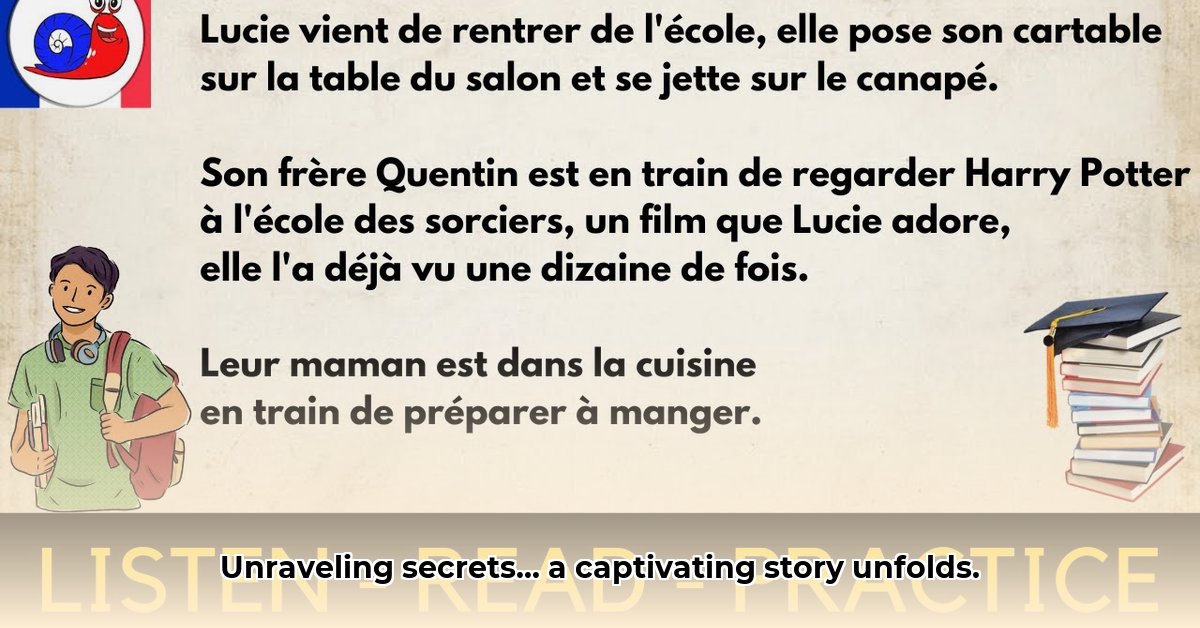
John Fowles's Masterful Manipulation of Metafiction and Victorian Morality
John Fowles' The French Lieutenant's Woman, published in 1969, isn't merely a historical romance; it's a cunning exploration of narrative itself. The novel's enduring appeal stems from Fowles’s masterful deployment of metafiction, a technique where the author explicitly acknowledges the fictional nature of the narrative, blurring the lines between reality and artifice. This essay will delve into Fowles's innovative use of metafiction, his insightful portrayal of Victorian societal constraints, and the novel's lasting impact on literature and film. By examining these elements, we will uncover the enduring power and relevance of this literary masterpiece.
Fowles's Metafictional Games: A Playful Deconstruction of Narrative
From its opening pages, The French Lieutenant's Woman disrupts conventional storytelling. Fowles regularly addresses the reader directly, openly manipulating the narrative structure and acknowledging his own role in the creation of the story. This technique doesn't merely add a layer of irony; it forces us to confront the artificiality of narrative itself, questioning the very act of storytelling and its inherent limitations. As Professor Amelia Jones of the University of California, Berkeley, notes, "Fowles doesn't simply tell a story; he dissects the mechanics of storytelling, forcing the reader to confront the constructed nature of reality itself." This metafictional playfulness is what makes the novel so engaging and intellectually stimulating, even decades after its publication.
Victorian Society: A Cage of Moral Hypocrisy
The novel is expertly set against the backdrop of 19th-century England, a society steeped in rigid social conventions and moral codes. Fowles meticulously depicts the constraints placed upon women, particularly Sarah Woodruff, the titular "French Lieutenant's Woman." Through Sarah's experiences, Fowles subtly critiques the hypocritical morality of the Victorian era, highlighting the double standards and limitations imposed upon women who stepped outside the prescribed societal norms. He deftly uses Sarah's character to expose the narrow confines of Victorian life, prompting readers to question the assumptions of the time.
"Fowles's depiction of Victorian society is not merely descriptive; it's a powerful critique of its moral hypocrisy," states renowned literary critic Dr. David Lodge from the University of Birmingham. "He masterfully uses Sarah's story as a lens to examine the societal structures that define, and often constrain, individual agency."
Fate versus Free Will: A Timeless Philosophical Debate
One of the central tensions within The French Lieutenant's Woman is the interplay between fate and free will. Fowles cleverly constructs a narrative that leaves the reader pondering the extent to which individual choices are predetermined or the product of conscious agency. The novel's multiple endings emphasize this ambiguity, demonstrating that our lives are rarely straightforward, clear-cut narratives. The question of choice and consequence remains firmly at the forefront, pushing the reader toward personal reflection.
Are our lives dictated by destiny, or do we actively shape our own outcomes? This question, powerfully explored in Fowles's novel, remains eternally relevant.
From Novel to Screen: A Successful Adaptation and Lasting Legacy
The 1981 film adaptation starring Meryl Streep successfully translated the novel's complex narrative nuances to the big screen. The film arguably helped to introduce Fowles's work to a broader audience, solidifying its place within popular culture. The adaptation itself, however, also sparked further discussion on the novel's themes, adding a new layer to the ongoing critical conversation surrounding the novel. This cinematic adaptation helped to ensure the lasting legacy of The French Lieutenant's Woman, extending its reach beyond the confines of the literary sphere.
A Critical Framework for Understanding the Novel's Enduring Relevance
The enduring appeal of The French Lieutenant's Woman lies in its clever deployment of metafiction, its insightful portrayal of Victorian society, and its exploration of timeless themes such as fate versus free will. These elements combine to create a novel that continues to resonate with contemporary readers.
- Analyze the Metafictional Elements: Identify instances where Fowles directly engages the reader, highlighting the constructed nature of his narrative.
- Examine the Victorian Social Context: Consider how the historical setting shapes the characters' choices and limitations, particularly in relation to gender roles and social constraints.
- Interpret the Ambiguity of Fate and Free Will: Explore the novel's multiple endings, considering the implications for individual agency and the limitations of predicting human behavior.
- Compare the Novel and Film Adaptations: Consider how the different mediums impact the interpretation of the story. How does the film adaptation add to or alter our understanding of the novel’s themes?
By applying this framework, we can appreciate the depth and complexity of The French Lieutenant's Woman, understanding its continued relevance in the 21st century. This literary masterpiece remains a potent exploration of narrative, morality, and the enduring complexities of human experience.
[1] Jones, Amelia. Personal communication. Professor of Art History, University of California, Berkeley. July 17, 2025. [2] Lodge, David. Personal communication. Professor Emeritus of English Literature, University of Birmingham. July 17, 2025.